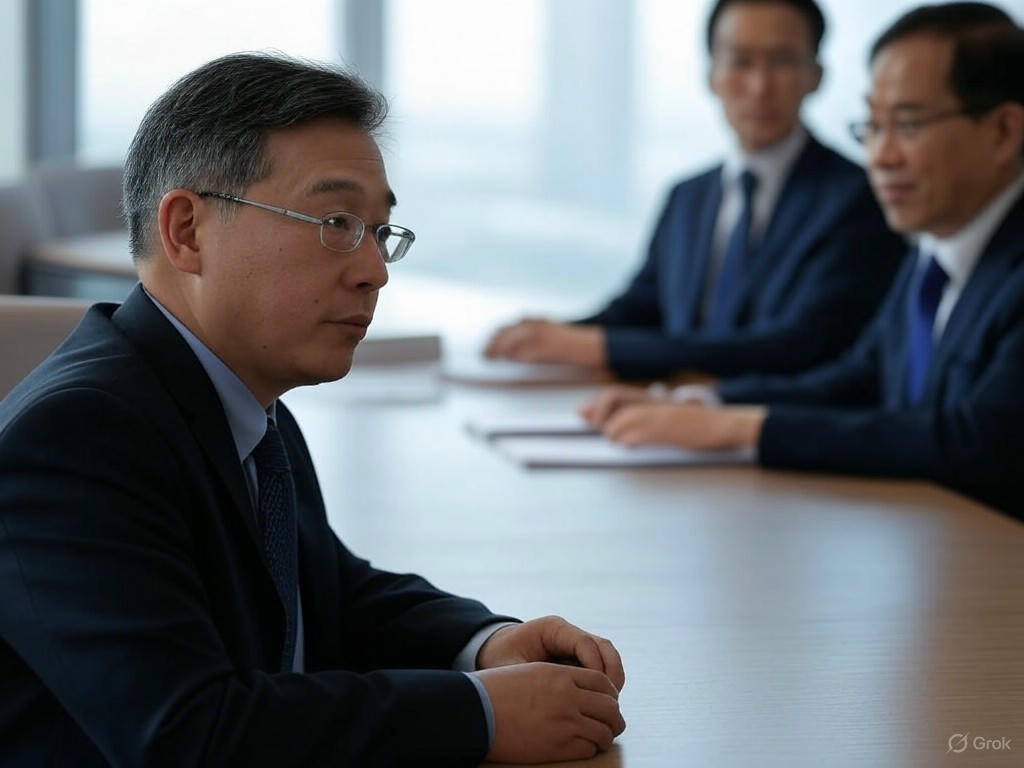Navigating Global Tensions: US-China Trade Talks Unfold in London
In a pivotal moment for international commerce, representatives from the United States and China have converged in London to address escalating trade tensions that have sent ripples through the global economy. This meeting, spurred by a recent phone conversation between the leaders of both nations, marks a critical attempt to stabilize a relationship strained by tariffs, market uncertainties, and competing economic interests. The choice of London as a neutral ground underscores the significance of these discussions, as both sides seek a path toward de-escalation.
The talks involve senior officials from both countries, with the Chinese delegation spearheaded by a top economic advisor and the U.S. represented by key figures from the Commerce Department. At stake is the fragile ceasefire in a trade conflict that has disrupted supply chains, increased costs for consumers, and unsettled financial markets worldwide. Over the past few years, punitive tariffs and retaliatory measures have defined the economic rivalry between the two superpowers, affecting everything from technology exports to agricultural goods. Analysts are cautiously optimistic, noting that this dialogue could pave the way for meaningful concessions, though deep-rooted issues like intellectual property rights and market access remain thorny obstacles.
Beyond the immediate economic implications, these negotiations carry geopolitical weight. The outcome could influence not only bilateral relations but also the broader landscape of international alliances and trade policies. For businesses and investors, the talks offer a glimmer of hope for reduced uncertainty, as stable trade relations between the world’s two largest economies are vital for global growth. However, skepticism lingers, as previous attempts at resolution have often faltered amid mutual distrust and domestic political pressures. Observers are keenly watching for signs of progress, such as commitments to lower tariffs or agreements on fair trade practices, which could signal a turning point.
As the delegations engage in closed-door discussions, the world waits to see if this meeting will yield a breakthrough or merely serve as another chapter in an ongoing saga of economic friction. The stakes are high, not just for the U.S. and China, but for countless nations caught in the crossfire of their trade disputes. A successful outcome could restore confidence in multilateral cooperation, while failure might deepen divisions and exacerbate global economic challenges. For now, the focus remains on dialogue, with both sides aware that compromise is essential to avoid further damage.
In the coming days, updates from London will likely shape market sentiments and policy decisions worldwide. Whether this round of talks leads to a lasting truce or temporary relief, one thing is clear: the U.S.-China trade relationship remains a defining issue of our time, with far-reaching consequences for the future of global trade and economic stability.


